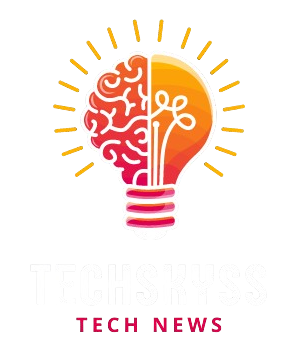Interestingly, the list also includes more technical terms such as Multi-Factor Authentication (MFA), encryption, and Secure File Transfer Protocol (SFTP).
The inclusion of these terms suggests that even as cybersecurity measures become more sophisticated, there remains a significant portion of the population struggling to keep pace with the evolving jargon and technologies designed to protect them.
The importance of understanding these terms cannot be overstated. In a world where a single data breach can expose sensitive customer information and cost organisations millions in lost revenue, fines, and litigation, cyber preparedness is not just a technical necessity but a business imperative.
Cybersecurity literacy and its importance
Take, for instance, the concept of Digital Rights Management (DRM), which ranks eighth on the list of most misunderstood terms. While often associated with protecting digital media from piracy, DRM technologies are increasingly being employed to safeguard a wide range of sensitive content, including contracts, proposals, and customer records.
Understanding DRM is crucial for organisations looking to protect their intellectual property and maintain control over their digital assets in an age of rampant information sharing.
Similarly, the presence of SFTP on the list highlights the growing recognition of the need for secure data transmission protocols.
As organisations increasingly rely on digital channels to transfer sensitive information, the ability to ensure that this data remains encrypted and protected from interception becomes paramount.
As we look to the future, the importance of bridging this knowledge gap in cybersecurity cannot be understated. The rapid evolution of digital threats means that cyber literacy is no longer a luxury but a necessity for individuals and organisations alike. Educational initiatives, clear communication from tech companies, and ongoing efforts to demystify cybersecurity concepts will be crucial in empowering users to protect themselves and their data.
The future of cyber education
Moreover, as regulatory frameworks continue to evolve in response to new threats and technologies, staying informed about terms like HIPAA and PII will be essential for maintaining compliance and avoiding costly penalties.
Organisations must prioritise not only the implementation of robust cybersecurity measures but also the education of their workforce on these critical concepts.
Kiteworks’ study serves as a wake-up call to the cybersecurity community and beyond. It highlights the urgent need for clearer, more accessible information on data security terms and concepts for the general public.
As we move forward in an increasingly digital world, closing this knowledge gap will be crucial in building a more resilient, secure digital ecosystem.
******
Make sure you check out the latest edition of Cyber Magazine and also sign up to our global conference series – Tech & AI LIVE 2024
******
Cyber Magazine is a BizClik brand


